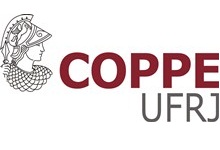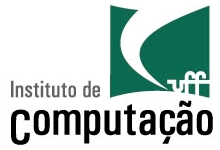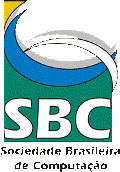Call for Papers
Overview
With the steady growth of software projects, along with the vast processing power of computers, new research has been developed to allow a better understanding of the structure, behavior and evolution of software process and product. This research makes use of visualization tools and techniques applied in the context of software, encouraging the rise of the software visualization field.
Software visualization uses visual abstractions to represent various properties of software systems, in order to reveal patterns and behaviors that otherwise would remain hidden. For this reason, the design and use of visual resources are very important for software engineering.
It is noteworthy that software visualization is an area of direct or indirect interest of to a large part of the software community. Some software engineering areas, such as testing, configuration management, architecture, development environments, among others, are potential users of techniques for visualizing software.
Software visualization is a specialization of information visualization. The synergy with the information visualization community is a successful strategy for using resources already established in the latter. For this reason, issues related to information visualization are also included in the workshop topics of interest.
Topics of Interest
WBVS topics of interest include, amongst others:
- Source Code Visualization
- Dynamic Software Visualization
- Software Evolution Visualization
- Visualization of Software Engineering Activities (e.g., Requirements Engineering, Tests, Maintenance etc.)
- Visualization of Workflow and Business Processes
- Software Visualization in Development Environments
- Visualization related to Software Development Process
- Database Visualization
- Network Flow Visualization
- 3D Software Visualization
Submission Instructions
Submissions must be written in Portuguese or English. All submissions must be formatted according to the SBC template (available at http://www.sbc.org.br/index.php?option=com_jdownloads&Itemid=195&task=finish&cid=38&catid=32). Each paper will be evaluated by at least three members of the program committee. There will be three types of paper submission:
-
Full papers (up to 8 pages), showing results of interest for the advancement of research in the field.
-
Short papers (up to 4 pages), featuring innovative ideas or work in an initial state.
-
Challenge papers (up to 2 pages): Researchers and enthusiasts in software visualization are challenged to demonstrate the applicability of their tools in a software project selected for this purpose, summarizing their findings in a challenge paper. The Demoiselle open source framework (http://www.frameworkdemoiselle.gov.br) is the subject of the challenge in this edition of WBVS. Interested parties are invited to use their tools, concepts and techniques to reveal interesting data about this framework, and present them through visual abstractions.
The judgment of full and short papers will be according to the following criteria: Originality and Timeliness, Technical Basis and Contribution, Relevance to the Call for Papers and Readability, Organization and Presentation. Moreover, the judgment of challenge papers will be according to the following criteria: Degree of Innovation, Practical Utility, Relevance to the Call for Papers and Readability, Organization and Presentation. After the judgment, there will be a consensus to resolve any possible discrepancies in evaluation.
The experimental evaluation of the results is desirable, but not a precondition for paper submission to the workshop. Papers with innovative and promising proposals are welcome. It is strongly recommended that all technical papers present comparisons with related work in the area. Theoretical papers should emphasize the contribution to the practice of software visualization. Papers on practical experiments should describe the employed method and interpret the qualitative and/or quantitative results.
All submissions should be sent electronically via JEMS system (https://submissoes.sbc.org.br) until the deadline for submission. One of the authors must present the paper at the workshop. Finally, authors should comply with the dates for submission of the final versions, as well as the registration in the workshop as a condition for the inclusion of the paper in the proceedings.
Organization


Promoted by

